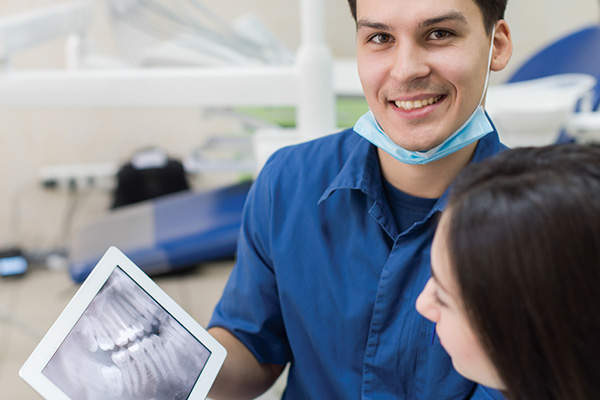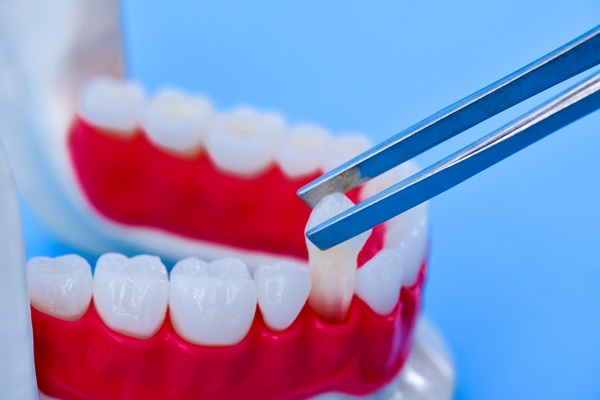Aftercare Instructions for a Socket Preservation Graft

A socket preservation graft can help speed the healing process after a tooth extraction. However, it is important to take some steps to help aid the healing process. Keeping the area clean will help you avoid an infection. You will also want to limit your diet in the first several days.
Oral hygiene after surgery
It is a good idea to avoid rinsing or spitting for the rest of the day after surgery. This can disturb the blood clot or open up the wound. It can also prolong the bleeding in the area. Patients should not have a lot of blood in the mouth. They should contact their oral surgeon if there is a lot of blood.
However, it is still important for patients to keep their mouth clean after surgery. This can help to reduce the risk of infection. The day after the procedure, the patient can use a saltwater rinse. Half a teaspoon of salt can be mixed with eight ounces of water. This should be done at least four to five times a day. For the next five days, it should always be done after eating.
While oral hygiene is important, the area of surgery should not be brushed for the first 48 hours. Brushing should be done very gently, as should spitting out the water. Patients can lean forward and let the water run out of their mouths. Sometimes, a patient may also receive an antibiotic rinse. This should be used both in the morning and evening. After using the rinse, patients should not eat or drink, as the rinse will provide protection in the mouth.
Smoking
Patients should consider quitting smoking before getting a bone graft. Smoking can increase the risk of the bone graft failing. If patients must smoke, they should wait until at least two weeks after the surgery. If a patient is getting a dental implant, the patient will not be able to smoke then either.
Using dental restorations
Patients will want to avoid using partial or full dentures right after surgery. It is a good idea to wait until the post-operative appointment to wear them. If the dentures touch the gums near the surgery, ulceration of the wound edges can occur. The sutures can also begin to deteriorate if irritated by the dentures. This can cause the entire graft to be lost.
Diet
Soft foods should be eaten right after surgery. Cold foods such as yogurt are a good choice. This can help slow the bleeding. Patients should stay away from hot soups at first.
Visit an oral surgeon for a socket preservation graft
The right care is vital for the success of your socket preservation graft. The bone needs time to integrate and the area time to heal. This can give you a good chance of returning to a healthy mouth after healing. Your oral surgeon can answer other questions you might have about the socket preservation graft procedure.
Request an appointment here: https://spectrumsurgical.net or call Facial Spectrum at (816) 524-4334 for an appointment in our Lee's Summit office.
Check out what others are saying about our services on Yelp: Read our Yelp reviews.
Recent Posts
A dental implant is considered the gold standard of dental restorations. Titanium rods act as dental roots that stimulate the jawbone. The artificial crowns replace the missing ones above the gumline. These restorations are what you need to have stable, natural-looking teeth again. Here are the details about the role of a dental implant in…
A dental implant is considered the gold standard of dental restorations. Titanium rods act as dental roots that stimulate the jawbone. The artificial crowns replace the missing ones above the gumline. These restorations are what you need to have stable, natural-looking teeth again. Here are the details about the role of a dental implant in…
A regular dentist can refer you to an oral surgeon if you need more dental care. This type of surgeon can perform procedures that can improve the face, mouth, or neck. Understanding the reasons for a referral to this provider can help you prepare for your procedure. Here are the reasons your dentist will refer…
A sinus lift or sinus augmentation can build up your upper jaw. This procedure is invasive. The dentist will take healthy bone and place it in the section of the maxilla that needs it. Here are the sinus lift benefits that you must consider.Studies show that a thinning upper jawbone can result in the weakening…

